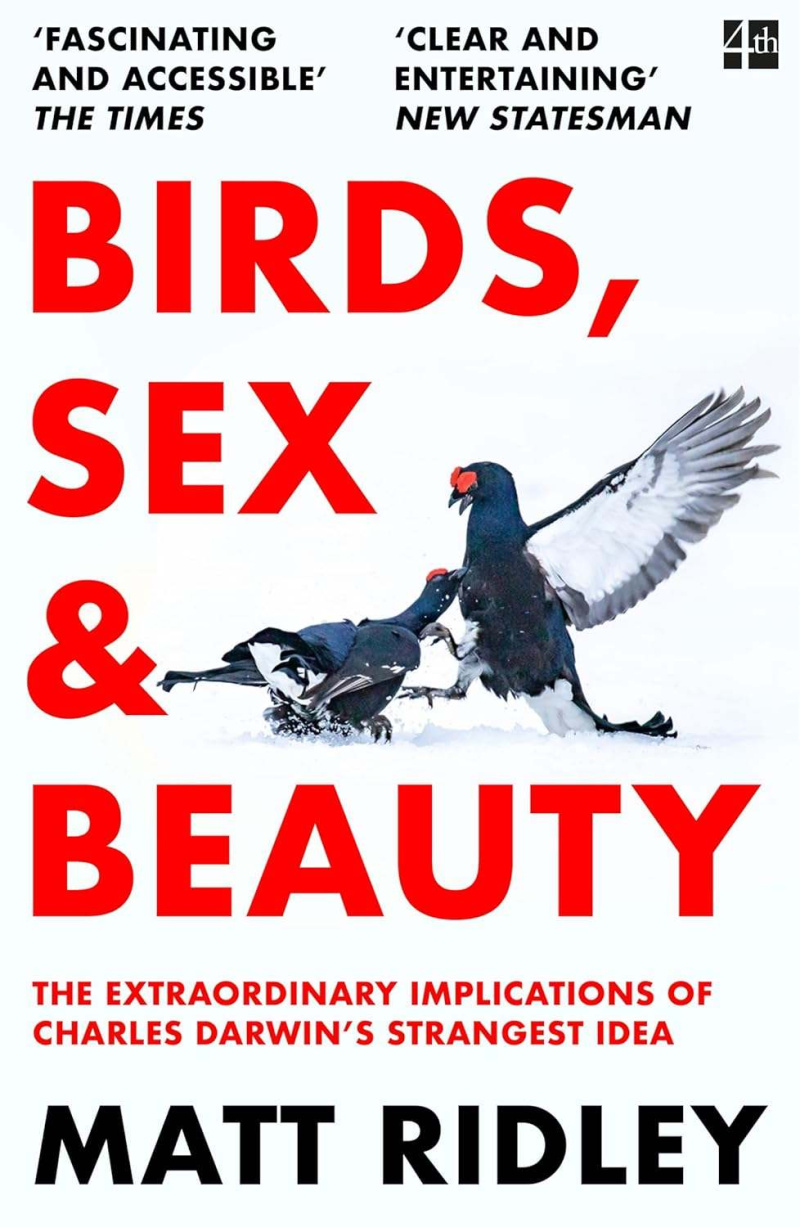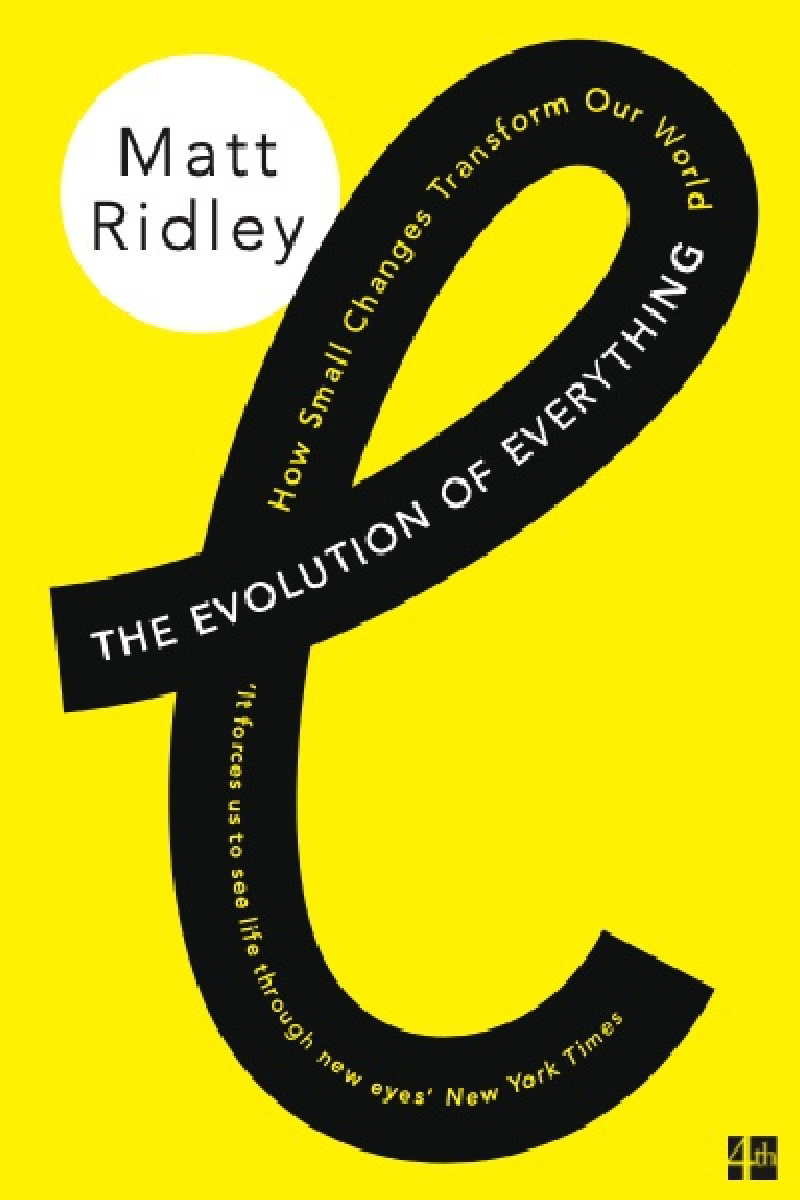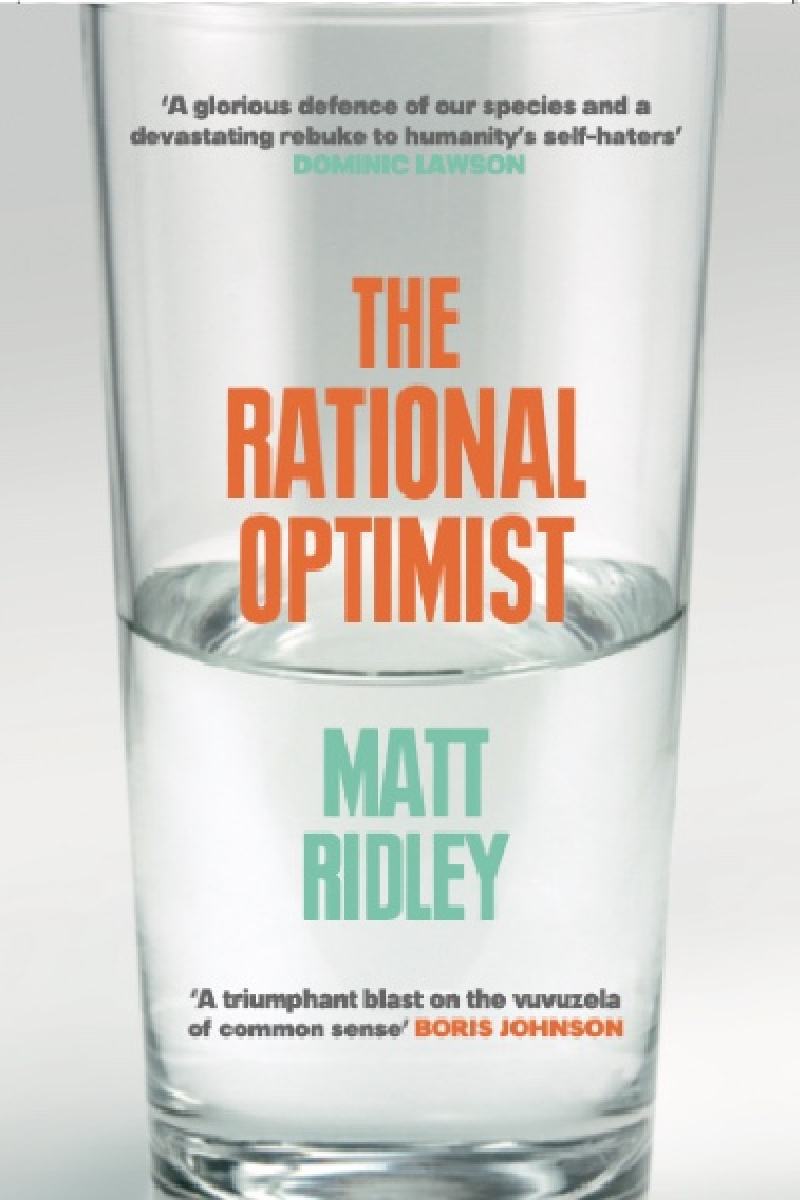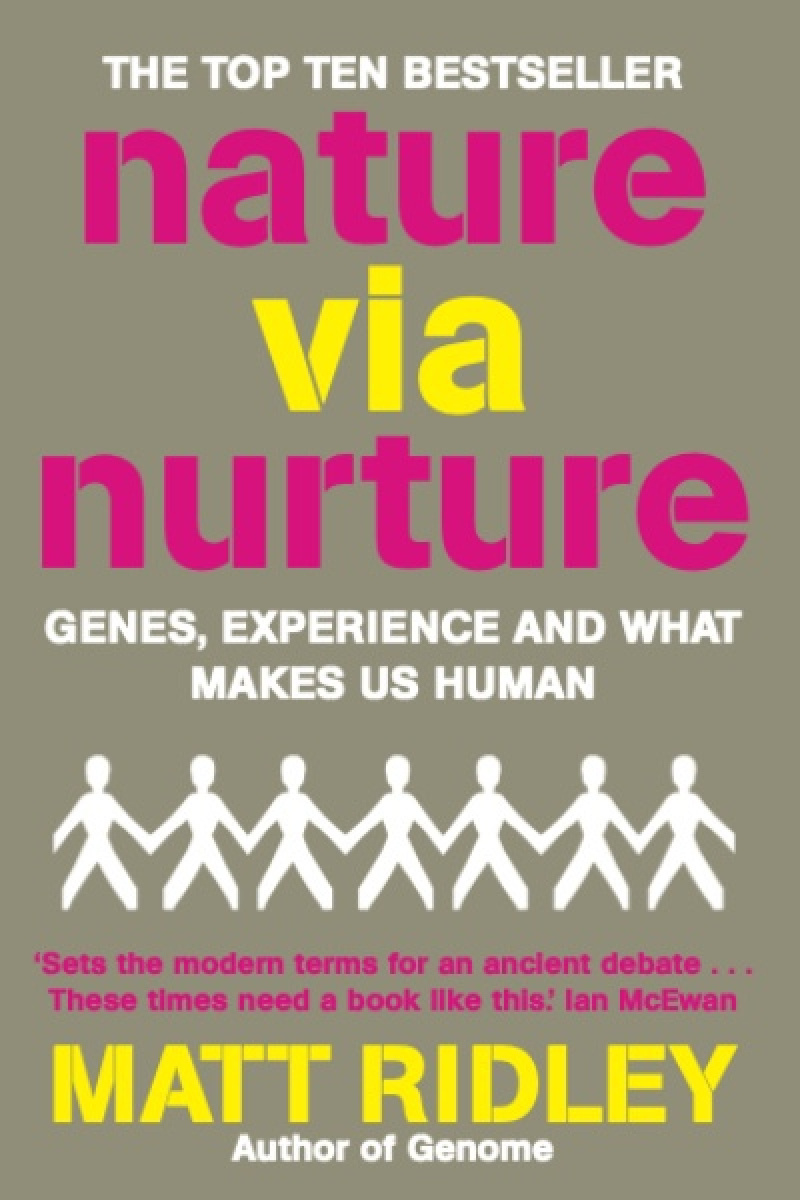Birds, Sex and Beauty: The extraordinary implications of Charles Darwin’s strangest idea

Birds, Sex and Beauty: The extraordinary implications of Charles Darwin’s strangest idea
In his new book, acclaimed science writer Matt Ridley looks to the peculiar mating rituals of birds to better understand the rich origins and ongoing significance of Darwin's sexual selection theory.
Animals rarely treat sex as a simple or mutually beneficial transaction. Choosing a mate is often a transcendent event to be approached with reverence, suspicion, angst and quite a bit of violence. For Matt Ridley, nowhere is this more acute than in birds.
From a freezing hide on the Pennine moors at dawn, Ridley closely studies the rare Black Grouse. He is there for the lek – an elaborate courtship ritual of squabbling and strutting males. They dance and sing for hours each day to attract a mate over several months. With most males leaving exhausted and unsuccessful, Ridley looks at how females make their choice to cast fresh light on how such rituals have evolved and why.
His pursuit follows five generations of biologists from Darwin and Wallace to the present day, uncovering how they have grappled with the implications of sexual selection as an eccentric, gonzo form of evolution. While most Victorian scientists found it impossible to believe female birds could select mates, Darwin was obsessed with the idea of sexual as well as natural selection.
Drawing on his own lifelong passion, Ridley eavesdrops on the elaborate displays of bird species around the world, from the complex art installations made by Bowerbirds in Australia to the bubbling calls of Curlews in the UK’s declining moorlands. In a wonderful blend of nature writing and elegant exploration of recent evolutionary theory, Birds, Sex and Beauty shows not only how mate choice has shaped the natural world, including humans, but how the song and plumage of birds can be thrillingly, breathtakingly beautiful.
 Matt Ridley
Matt Ridley





